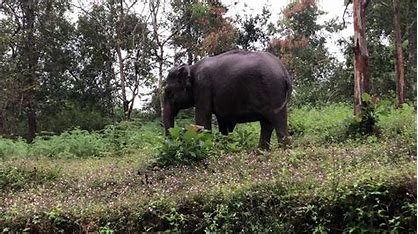Kerala is witnessing a worrying surge in rabies-related deaths, with 13 fatalities reported so far in 2025—just months after 22 were recorded in 2024 and 17 in 2023. The consistent rise has triggered alarm bells over the state’s treatment protocols and healthcare response. A tragic case involving a seven-year-old girl from Kollam, who died despite receiving timely anti-rabies vaccination, has brought renewed scrutiny to the effectiveness of existing medical procedures. Experts point out that bites on highly sensitive areas like the face or head may lead to faster viral transmission, rendering vaccines less effective.
Healthcare professionals have highlighted several critical gaps contributing to these deaths: improper wound cleaning, poor cold chain management of vaccines, and technical challenges in administering intradermal doses—especially in children. Additionally, the lack of timely administration of Rabies Immunoglobulin (RIG) in high-risk cases has further compounded the problem.
Beyond medical protocols, systemic issues like the rising stray dog population, inadequate public awareness, and fragmented coordination among government departments continue to hamper Kerala’s rabies control efforts. As India pushes toward its national goal of becoming rabies-free by 2030, Kerala’s current crisis underscores the urgent need for stronger healthcare systems, preventive education, and cross-sector collaboration.




